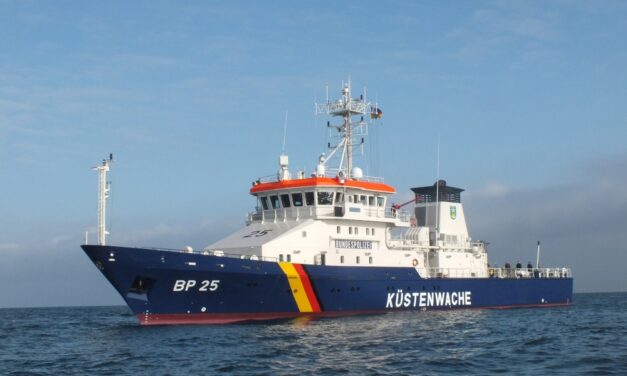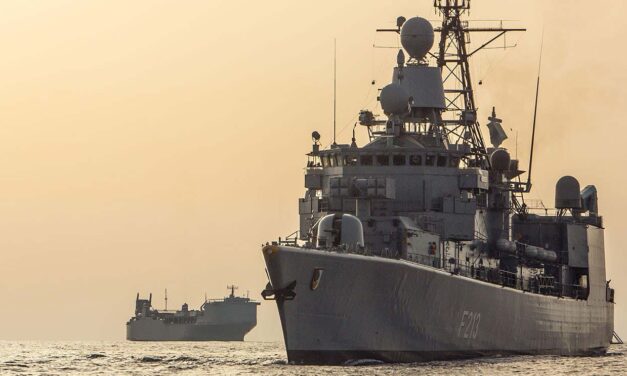#me understand: Federal Police Sea: From 40 mm to 57 mm
How times change! In the days of the East-West confrontation, the seagoing units of the Federal Border Guard had eight boats in the Baltic Sea that were equipped with 40 mm guns. In the event of a conflict, they were to be transferred from the Baltic Sea to the German Bight to escort incoming Atlantic convoys on the final stretch. The end of the Cold War and the need for the peace dividend led to the Federal Police Sea being "demilitarised": The 40 mm Bofors were disarmed. In the context of increasing international missions and the maritime fight against terrorism and piracy, the question arises time and again as to whether the...
Weiterlesen



Latest comments